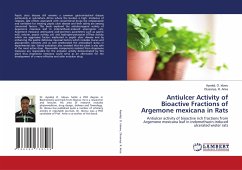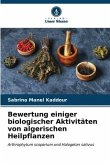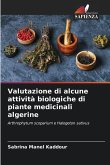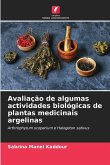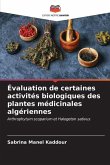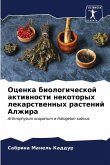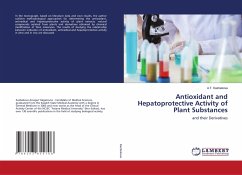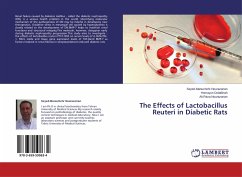Peptic ulcer disease still remains a common gastrointestinal disease particularly in sub-Sahara Africa where the burden is high. Incidence of relapses, side effects associated with conventional drugs like ompeprazole and ranitidine for treating peptic ulcer disease and their safety are among concerned factors. This book explored the antiulcerogenic activity of Argemone mexicana leaf in indomethacin-induced ulcerogenic rats. Argemone mexicana attenuated acid-secretory parameters such as gastric acid, volume, pepsin activity, pH, and hydrogen-potassium ATPase activity which are aggressive factors implicated in peptic ulcer disease and by enhancing the gastric defensive mucosal factors which includes mucus and glycoprotein contents and as well ameliorated the antioxidant status in experimental rats. Safety evaluation also revealed that the plant is also safe at the most active dose. Flavonoidal components isolated from Argemone mexicana are responsible for the antiulcer activity demonstrated by this plant thus Argemone mexicana could serve as an alternative for the development of a more effective and safer antiulcer drug.
Bitte wählen Sie Ihr Anliegen aus.
Rechnungen
Retourenschein anfordern
Bestellstatus
Storno

